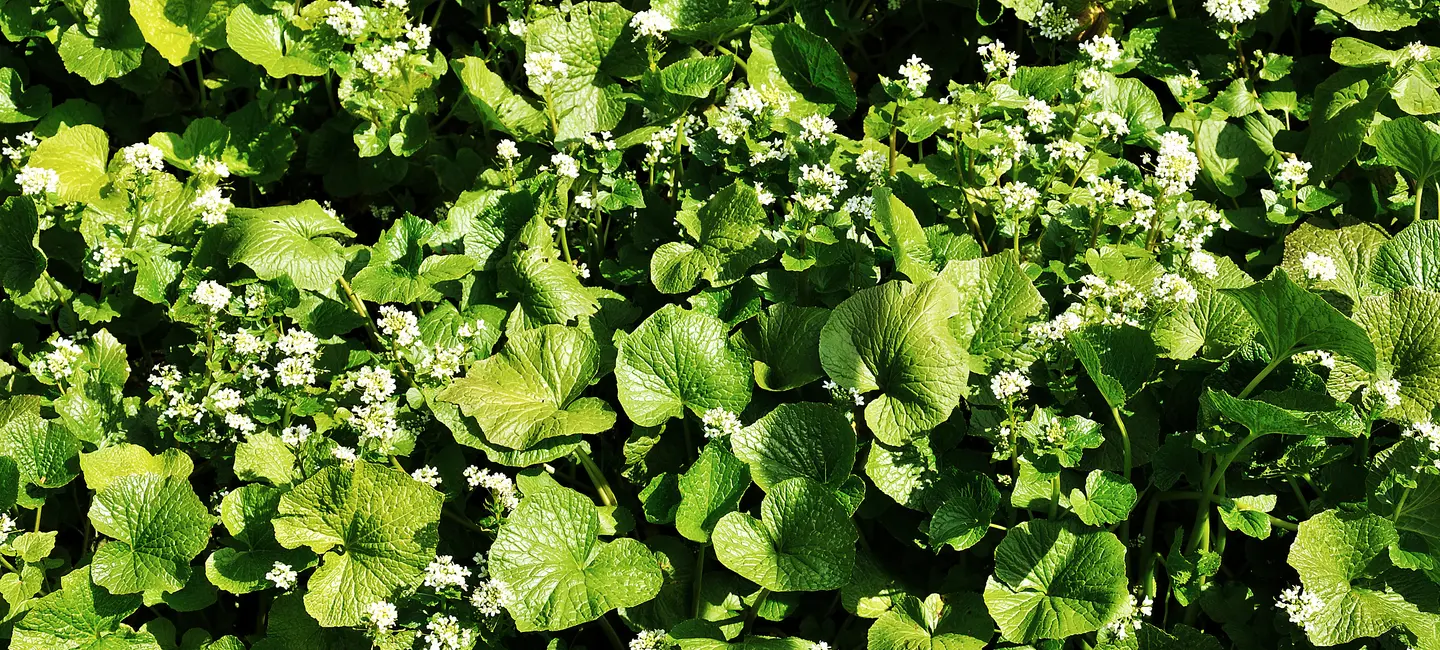
Wasabi is a plant native to Japan. It's mainly grown for its roots, which are ground to make a spice. It's sometimes called Japanese horseradish.
Wasabi contains chemicals that may have anticancer effects and anti-inflammatory effects and may also slow blood clotting.
People take wasabi by mouth for heart disease, cancer, stomach pain, indigestion, and many other conditions, but there is no good scientific evidence to support these uses.
Don't confuse wasabi with horseradish or moringa. These are not the same.
Is It Effective?
There is interest in using wasabi for a number of purposes, but there isn't enough reliable information to say whether it might be helpful.
Is it Safe?
When taken by mouth: Wasabi is commonly consumed in foods. There isn't enough reliable information to know if wasabi is safe to use as medicine or what the side effects might be.
Special Precautions & Warnings:
Pregnancy and breast-feeding: There isn't enough reliable information to know if wasabi is safe to use when pregnant or breast-feeding. Stay on the safe side and avoid use.
Bleeding disorders: Wasabi might slow blood clotting. Large amounts of wasabi might increase the risk of bleeding and bruising in people with bleeding disorders.
Surgery: Wasabi might slow blood clotting. Large amounts of wasabi might cause too much bleeding during surgery. Stop taking wasabi as a medicine at least 2 weeks before surgery.
Medications that slow blood clotting (Anticoagulant/Antiplatelet drugs)
Interaction Rating=Moderate Be cautious with this combination.
Wasabi might slow blood clotting. Taking large amounts of wasabi along with medications that also slow blood clotting might increase the risk of bruising and bleeding.
Herbs and supplements that might slow blood clotting: Wasabi might slow blood clotting and increase the risk of bleeding. Taking it with other supplements with similar effects might increase the risk of bleeding in some people. Examples of supplements with this effect include garlic, ginger, ginkgo, nattokinase, and Panax ginseng.
There are no known interactions with foods.
Wasabi is commonly consumed in foods. As medicine, there isn't enough reliable information to know what an appropriate dose might be. Keep in mind that natural products are not always necessarily safe and dosages can be important. Be sure to follow relevant directions on product labels and consult a healthcare professional before using.
Berstockrose, Cardamine pseudowasabi, Cochlearia wasabi, Eutrema japonicum, Eutrema wasabi, Gochunaengi, Japanese Horseradish, Japanese Wasabi, Japanischer Meerrettich, Korean Wasabi, Wasabia japonica, Wasabia japonica var. koreana, Wasabia koreana.
Information on this website is for informational use only and is not intended to replace professional medical advice, diagnosis, or treatment. While evidence-based, it is not guaranteed to be error-free and is not intended to meet any particular user’s needs or requirements or to cover all possible uses, safety concerns, interactions, outcomes, or adverse effects. Always check with your doctor or other medical professional before making healthcare decisions (including taking any medication) and do not delay or disregard seeking medical advice or treatment based on any information displayed on this website.
© TRC Healthcare 2024. All rights reserved. Use and/or distribution is permitted only pursuant to a valid license or other permission from TRC Healthcare.
